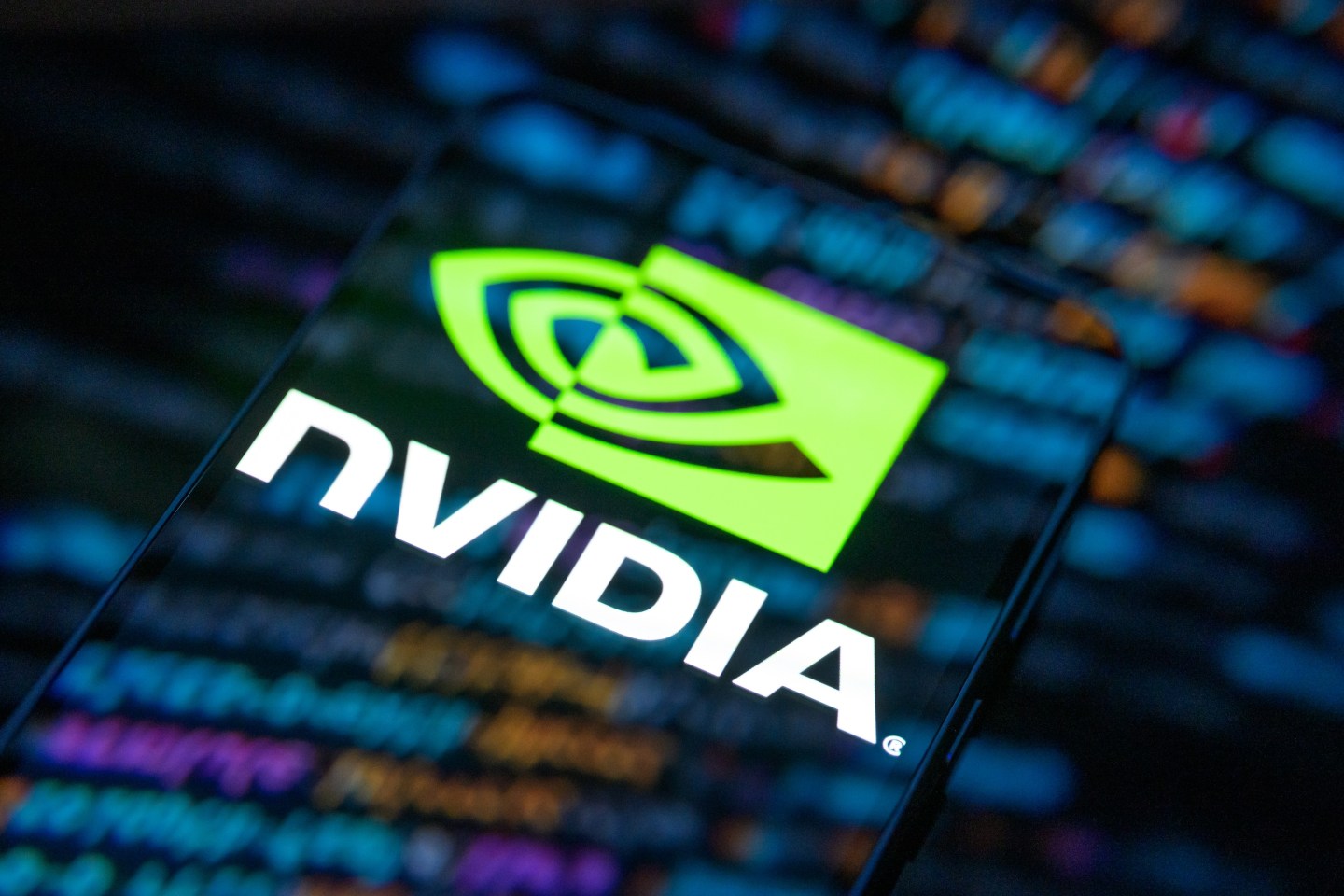Meta already has good reason to be mad at European tech regulators. On Friday, it had to effectively pause its rollout of Meta AI in Europe, at the request of its main privacy regulator in Ireland, after privacy advocates loudly complained that Meta can’t train its AI on the personal data of European Facebook and Instagram users without their consent.
“Without including local information we’d only be able to offer people a second-rate experience,” Meta griped, calling it “a step backwards for European innovation.” But that annoyance is nothing compared to what’s reportedly around the corner.
According to Reuters, the European Commission is gearing up to make Meta and Apple the first targets of its new antitrust powers, based on the Digital Markets Act that took effect a few months ago. As also reported by the Financial Times, Apple’s charges will likely arrive first, followed by those for Meta.
We’ll get to the Apple issues in a moment, but those that will reportedly lead to Meta charges are not a million miles away from those holding up its European AI ambitions.
In the case of Meta AI, the problem is that the EU’s General Data Protection Regulation (GDPR) demands that any processing of personal data needs a solid legal basis—there’s a list of six potential options. Meta had been hoping that it could get away with claiming vaguely that its “legitimate interests” justify the use of European users’ data as model-training fodder, but that didn’t fly with regulators, so its only plausible option is to get each user’s consent. For whatever reason, it isn’t taking that option just yet.
Meta’s DMA woes are also down to data protection and the need for consent, only this time it’s about tracking users for ad-targeting purposes.
Over the years, a succession of legal cases (initiated by Austrian activist lawyer Max Schrems) has systemically removed the legal justifications that Meta can use for this tracking, again leaving it with valid consent as the only remaining option. But because few people would naturally choose to opt into online surveillance, Meta attempted a subscription gambit in which users could pay as much as $13 monthly to get ad-free Meta services, otherwise they would have to consent to tracking in order to use Facebook and Instagram.
As I wrote in April, Europe’s privacy regulators agreed with Schrems and other activists, deciding that Big Tech platforms generally can’t claim they have valid consent for tracking if the only alternative is paying a fee. And because antitrust and privacy law have been blurring into each other in recent years—regulators have realized that market-dominating companies maintain their positions partly through the accumulation of data—this tactic arguably manages to fall foul of both the GDPR and the DMA.
Meta declined to comment on the Reuters report, saying it was speculative.
As for Apple, well, if you followed the drama of that company’s sullen attempts to comply with the letter of the DMA while trampling over its spirit, you can guess what those charges will likely be about. If you managed to stay blissfully unaware of the drama, here’s the gist: The DMA forced Apple to allow third-party iOS app stores in Europe, but when it did so, it introduced a €0.50 ($0.54) “core technology fee” for every first installation of each app published by a developer who chose to make its apps available in a third-party app store.
In other words, developers were finally free to steer clear of Apple’s distribution mechanism and the revenue cut that Apple demands, but they’d lose a ton of money if their app was free to download, as most are.
Companies with plans to introduce third-party app stores on iOS, like Meta and Microsoft, complained that Apple’s new fee made the concept unviable. As the DMA demands that platform “gatekeepers” like Apple apply “fair, reasonable, and nondiscriminatory general conditions of access” for other businesses, I wrote at the time that Apple was unlikely to get away with this tactic. And here we are—this is reportedly going to be the crux of the EU’s charges.
Like Meta, Apple declined to comment on the report of this oncoming train, which will bring with it the threat of fines running to a maximum of 10% of global annual revenue.
More news below.
David Meyer
Want to send thoughts or suggestions to Data Sheet? Drop a line here.
NEWSWORTHY
OpenAI mulls B Corp move. The Information reports that OpenAI is considering becoming a for-profit benefit corporation, according to comments made by CEO Sam Altman to some of its shareholders. Currently, OpenAI is a nonprofit with a for-profit arm, and the tension inherent in this governance structure was largely responsible for the OpenAI board’s brief defenestration of Altman late last year. Rivals Anthropic and xAI are B Corporations, and adopting the model could open the way for an IPO. “The nonprofit is core to our mission and will continue to exist,” OpenAI told Reuters after The Information’s report went live.
Tesla’s Chinese FSD approval. Chinese authorities have given Tesla permission to test its advanced driver-assistance system in part of Shanghai, according to Bloomberg, which says Tesla could get similar approval in Hangzhou, too. However, for now, Tesla drivers in China still can’t activate what Tesla misleadingly markets as its “Full Self-Driving” system—these initial tests will be conducted by company employees.
YouTube vs. ad blockers. YouTube has reportedly stepped up its fight against ad blockers by starting to build ads into the video before it is sent to the user’s device, rather than sending the ads separately to be inserted on the device. According to TechCrunch, the ad-blocking service SponsorBlock says the new format breaks its tool. YouTube has been doing everything it can to fight off ad-blocking, as it tries to persuade users to subscribe to YouTube Premium if they want to avoid ads.
SIGNIFICANT FIGURES
800+
—The number of operations that had to be rescheduled at major London hospitals within one week earlier this month, following a ransomware attack against a pathology lab that serves the hospitals.
IN CASE YOU MISSED IT
Exclusive: Kickstarter shakes up leadership team, terminating senior employees and promoting execs, as it tries to rebrand itself, by Jessica Mathews and Leo Schwartz
Elon Musk’s Neuralink forced a pregnant employee to work with herpes-infected monkeys that scratched her, lawsuit says, by Bloomberg
Hugging Face CEO says he hears from 10 AI founders a week who want to sell their startups, by Bloomberg
Jensen Huang made Nvidia a $3 trillion juggernaut. But the path to success was filled with ‘despair’ and ‘torture,’ by Seamus Webster
BEFORE YOU GO
News trends. TikTok has for the first time overtaken X, formerly Twitter, as a news source. The latest annual Digital News Report, chronicling the results of a large global survey conducted by the Reuters Institute for the Study of Journalism and YouGov, shows 13% of respondents get news from TikTok, versus 10% for X—but YouTube is on top with 31%, followed by WhatsApp with 21%. At the same time, 59% of respondents said they were concerned about what was real and what was fake as regards online news. There’s also “widespread suspicion” about the use of AI in journalism, the Reuters Institute warned.












